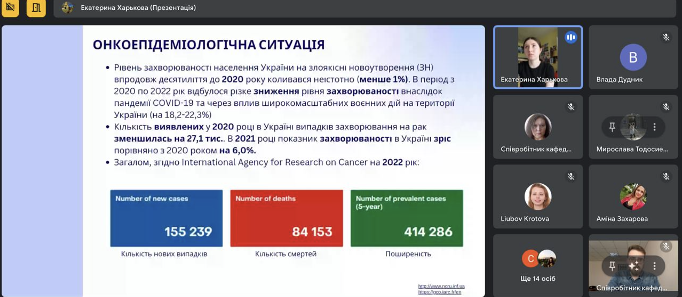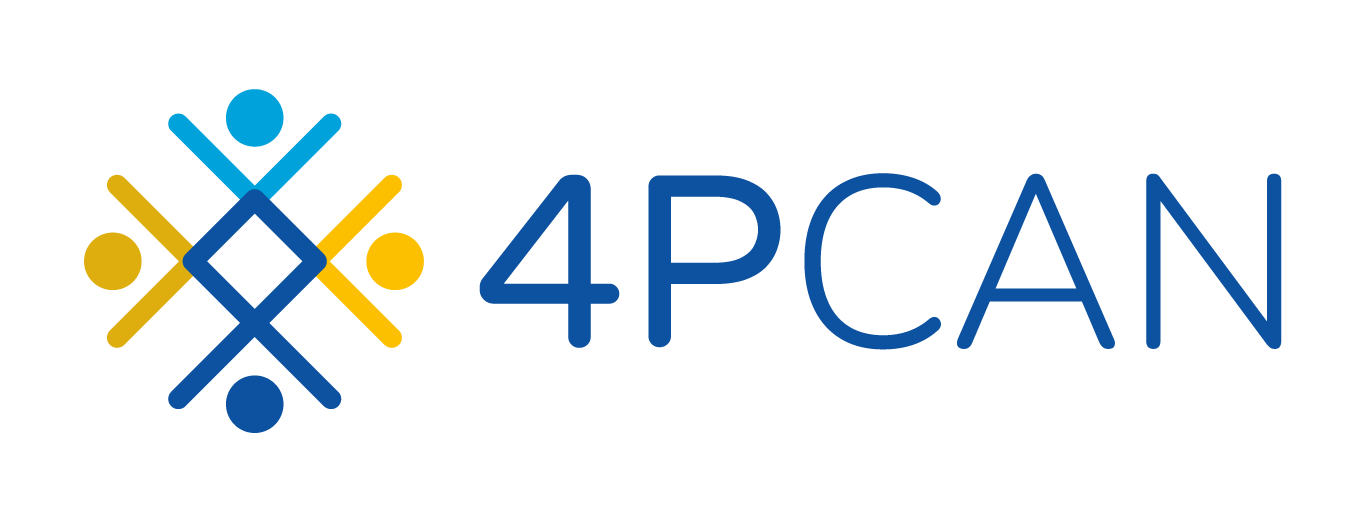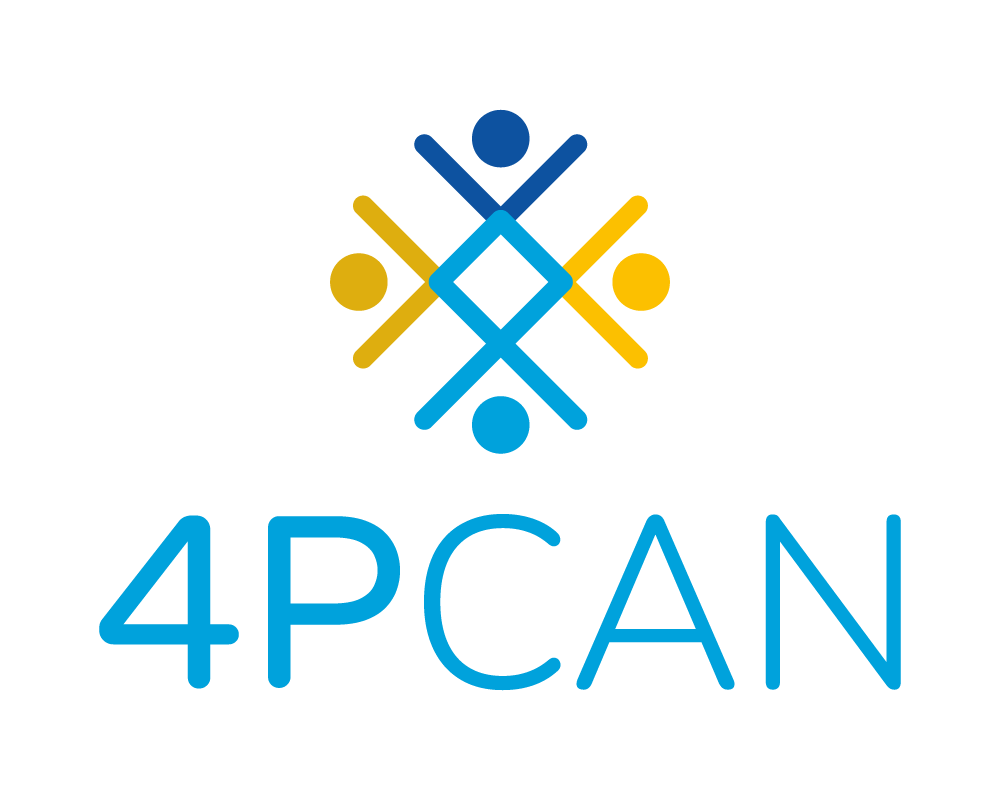11 April 2024, Dnipro State Medical University

A presentation about women’s role in cancer care by Myroslava Todosienko

A presentation about cancer epidemiology trends by Kateryna Kharkova
Family doctors play a key role in the primary healthcare system of Ukraine. One of the tasks of a family doctor is the prevention and early detection of cancer. Increasing cancer awareness among students (who mostly become family doctors) is important, to ensure their effectiveness in cancer primary prevention after graduation.
Cancer is among the top three causes of death worldwide, being exceeded only by cardiovascular diseases. Approximately 77% increase in cancer incidence by 2050 is to be expected, which makes the question of cancer care even more acute. Apart from the loss of years of life due to cancer, being diagnosed with a malignant neoplasm is also associated with a decrease in quality of life, side effects of cancer treatment, and economic burden on the patient and healthcare system. The Department of Social Medicine, Public Health and Healthcare organisation of Dnipro State Medical University is a partner of the 4P-CAN project and seeks to improve the implementation of cancer prevention strategies.
It is important to acknowledge that cancer is a potentially preventable condition. According to the World Health Organisation, up to 50% of cancer cases could be avoided if the current state-of-art in cancer diagnostics were available to everyone. The potential to prevent cancer cases and unresolved issues with cancer care accessibility were the reasons for the inclusion of the cancer care section to the agenda of the Students Scientific Society, dedicated to World Health Day.
One report was dedicated to the current state of cancer epidemiology in Ukraine and in the world. Cancer incidence in Ukraine is gradually increasing. Unfortunately, around 20% of patients in Ukraine are diagnosed in advanced stages, which severely impacts their prognosis. The full-scale Russian military invasion in 2022 has posed additional challenges on for oncological care, and its consequences are yet to be determined.
The other message highlighted the role of women in cancer care. Equal access to health services is key to population health. In many aspects, the female population remains disadvantaged in cancer care, both as patients and caregivers. 1.5 million cancer-related deaths of women occur each year worldwide, which could be averted through properly functioning early detection and intervention systems. Additionally, women’s labour in the sphere of cancer care is underappreciated globally and is often associated with gender-based discrimination.”
Joining efforts on the implementation of evidence-based approaches to cancer care, with attention to inequalities in healthcare services distribution, is crucial for improving patients’ outcomes. Students’ scientific societies reinforce the importance of oncological problems for healthcare early during education, on top of the standard curriculum.
References:
1. World Health Organisation (www.who.int)
2. National Cancer Registry of Ukraine (www.ncru.inf.ua)
3. Ginsburg O, Vanderpuye V, Beddoe AM, Bhoo-Pathy N, Bray F, Caduff C, et al. Women, power, and cancer: a Lancet Commission. The Lancet. 2023 Dec 2;402(10417):2113–66.
About the authors:
Viktor Semenov, lecturer at the Department of Social Medicine, Public Health and Healthcare Organisation of Dnipro State Medical University. Expert in family medicine and public health.
Liubov Krotova, PhD student at the Department of Social Medicine, Public Health and Healthcare organisation of Dnipro State Medical University. Expert in clinical epidemiology and public health.

